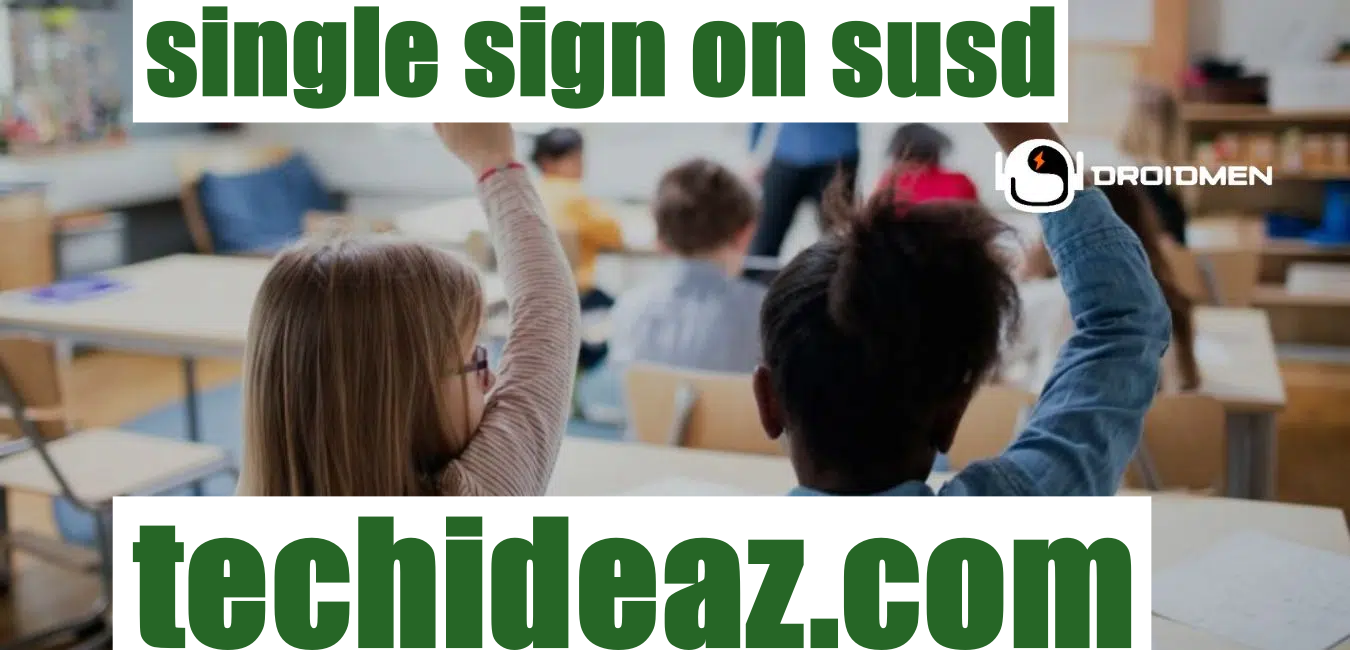What Are Torrent Websites? A Comprehensive Guide to Understanding Torrents
In the age of digital media, torrents have become one of the most popular methods for downloading files over the internet. Whether you’re looking for movies, software, music, or games, torrent websites provide an easy, efficient, and often fast way to access a wide range of content. But what exactly are torrent websites, and how do they work? In this comprehensive guide, we will explore the concept of torrent websites, their uses, and their pros and cons.
Introduction
Torrent websites have become a staple of the internet ecosystem. They provide users with an easy way to share and download large files, often free of charge. However, the term “torrent” often comes with a bit of confusion, especially for those new to the world of file sharing. While torrents can be perfectly legal, many users associate them with piracy and illegal downloads.
In this article, we’ll dive into the world of torrent websites: what they are, how they work, the legal issues surrounding them, and how to use them safely and responsibly.
What Are Torrent Websites?
A torrent website is a platform that allows users to download files via a peer-to-peer (P2P) file-sharing protocol called BitTorrent. Unlike traditional downloading, where files are fetched from a central server, torrents allow files to be shared between multiple users in a decentralized manner. This means that instead of downloading a file from a single source, you are downloading small pieces of the file from many different users, known as peers, making it faster and more efficient.
When you use a torrent website, you’re essentially accessing a “torrent file” that contains metadata about the file you want to download. This metadata includes information such as file names, sizes, and the list of users sharing the file. The actual downloading is done by using a torrent client, which allows your device to connect to other peers and download the file.
Torrent Files and Torrent Clients
Torrent files are small files that contain the necessary information for the BitTorrent protocol to work. When you click on a torrent link on a website, you are downloading a file with a .torrent extension. To open and use this file, you need a torrent client — a software application that manages the downloading and uploading of files.
Some of the most popular torrent clients include:uTorrentBitTorrentqBittorrentDeluge
Once you have a torrent client installed, you can open the .torrent file, and the client will connect to other peers to download the content you want.
How Do Torrent Websites Work?
Torrent websites work by providing a search engine for torrent files, allowing users to search for and download the torrents they are interested in. These websites do not host the actual files themselves but instead host the torrent files that contain the necessary information to download the content from peers. The content being shared could range from software, eBooks, music, movies, TV shows, games, and more.
The key point to remember is that torrent websites serve as a directory for torrents, while the actual downloading happens via the BitTorrent protocol, which operates on a peer-to-peer (P2P) network.
Example of Popular Torrent Websites
Some of the most well-known torrent websites include:The Pirate Bay1337xRARBGYTSEZTV
These websites allow users to search, upload, and download torrent files. They are typically categorized into different sections, such as Movies, TV Shows, Music, and Games, making it easy to find what you’re looking for.
Legal and Ethical Implications of Torrenting
While torrents themselves are not inherently illegal, their use for downloading copyrighted material without permission is illegal in many countries. The BitTorrent protocol is a perfectly legitimate technology, and it’s used by companies for distributing software and updates (e.g., Linux distributions, game patches). However, when it is used to share copyrighted content — such as pirated movies, TV shows, or software — it becomes a legal issue.
Copyright Violations
Downloading or distributing copyrighted content without the permission of the copyright holder is illegal in many countries, including the United States, the UK, and most European countries. Copyright holders have the right to control the distribution of their content, and torrenting copyrighted files without authorization infringes on those rights.
For example, downloading a movie or a TV show from a torrent website without paying for it is considered piracy and a violation of copyright laws. Legal consequences for torrenting illegal content can include fines or even jail time, depending on the severity of the offense and the laws in your country.
How to Avoid Legal Issues
Use Legal Torrents: Many creators and companies offer their content via torrents legally. For example, some open-source software projects distribute their software through torrents to save on bandwidth costs.Avoid Pirated Content: Ensure that the content you are downloading is not copyrighted or has explicit permission for distribution.Use a VPN: A VPN (Virtual Private Network) can hide your IP address while torrenting, making it harder for authorities or copyright enforcement agencies to track your activity. While using a VPN is not a guarantee of legal protection, it can provide an additional layer of privacy.Check Torrent Websites for Legality: Some torrent websites have dedicated sections for legal content. Sites like Public Domain Torrents or Internet Archive host movies, books, and other media that are free to download.
Pros and Cons of Using Torrent Websites
Pros
Fast Downloads: Torrents are often faster than traditional downloading because files are downloaded from multiple sources simultaneously.Access to a Wide Range of Content: Torrent websites provide access to content that may not be easily available elsewhere, including rare or older films, obscure software, or international content.Community Sharing: Torrenting fosters a sense of community, as users are both downloading and uploading files. The more peers you connect with, the faster and more efficient the download process becomes.Free Content: Many users turn to torrents for free content, whether it’s movies, music, or software. While there are legal concerns, there is plenty of free content available in the public domain or with permission.
Cons
Legal Risks: As mentioned, downloading or sharing copyrighted material without permission can lead to legal trouble. Copyright holders and law enforcement agencies actively monitor torrent sites for illegal activity.Malware Risks: Torrent files can sometimes be bundled with harmful software. It’s essential to be cautious and use security software to protect your device when torrenting.Unreliable Content: Not all torrents are safe or reliable. Some may contain incomplete files or be mislabeled, leading to frustration when the file doesn’t work as expected.ISP Throttling: Some ISPs (Internet Service Providers) limit or throttle your connection speed when they detect that you’re torrenting. This can make your downloads slower than expected.
How to Safely Use Torrent Websites
If you decide to use torrent websites, there are some steps you can take to ensure your safety and privacy:
Use a VPN
A VPN masks your IP address, making it harder for your ISP or other third parties to track your online activities. It also encrypts your internet connection, adding a layer of security while torrenting.
Check the Torrent Before Downloading
Before downloading any torrent, check the comments, ratings, and feedback from other users. This can help you avoid downloading fake or malicious torrents.
Use Antivirus Software
Install a good antivirus program to scan files before opening them. Many torrent files can contain viruses or malware that can harm your device.
Stick to Trusted Websites
Stick to well-known and reputable torrent websites. Avoid sketchy sites that seem unreliable or poorly maintained.
Conclusion
Torrent websites are a powerful tool for downloading files, but they come with a set of responsibilities. While torrents themselves are a legitimate and efficient way to share files, using them to download or distribute copyrighted material illegally is a breach of copyright laws in many countries. By understanding the technology behind torrents, staying cautious about the content you download, and using the proper tools for safety and privacy, you can enjoy the benefits of torrents while avoiding the pitfalls.
If you’re looking for free, legal content, there are plenty of legitimate torrent sites that offer public domain or open-source material. However, if you’re using torrent websites to download copyrighted content, it’s important to be aware of the legal risks involved.
FAQs
1. Is Torrenting Illegal?
Torrenting itself is not illegal. However, downloading or sharing copyrighted content without permission is illegal in many countries. Always ensure that the content you download or upload is not violating any copyright laws.
2. What Are the Risks of Torrenting?
The risks of torrenting include legal consequences for downloading or sharing illegal content, exposure to malware, and slow internet speeds due to ISP throttling. Using a VPN and antivirus software can mitigate some of these risks.
3. How Can I Download Torrents Safely?
To download torrents safely, use a reputable torrent client, check the file comments before downloading, use a VPN for privacy, and install antivirus software to protect your device.
4. Are There Any Legal Torrent Websites?
Yes, there are many legal torrent websites that offer free and public domain content. Some of these include sites like Public Domain Torrents, Internet Archive, and Legit Torrents.
5. Can Torrenting Slow Down My Internet?
Yes, torrenting can slow down your internet connection, especially if your ISP limits your bandwidth for P2P activity. Using a VPN might help prevent throttling but could also reduce your speed due to encryption overhead.










